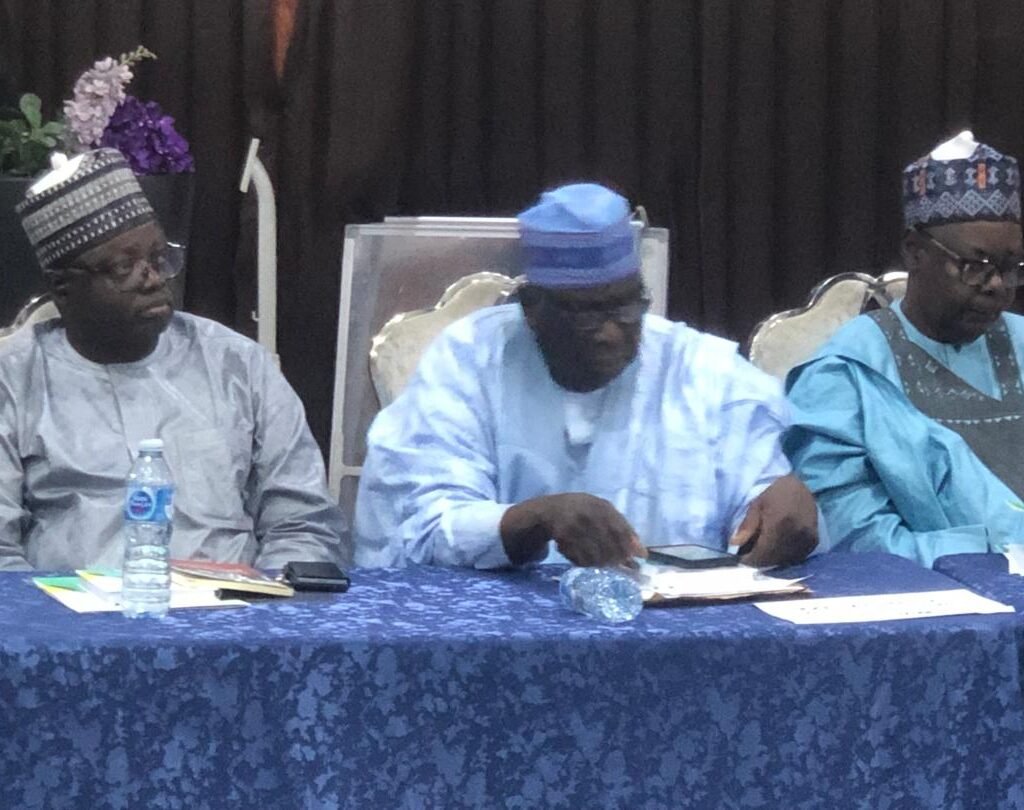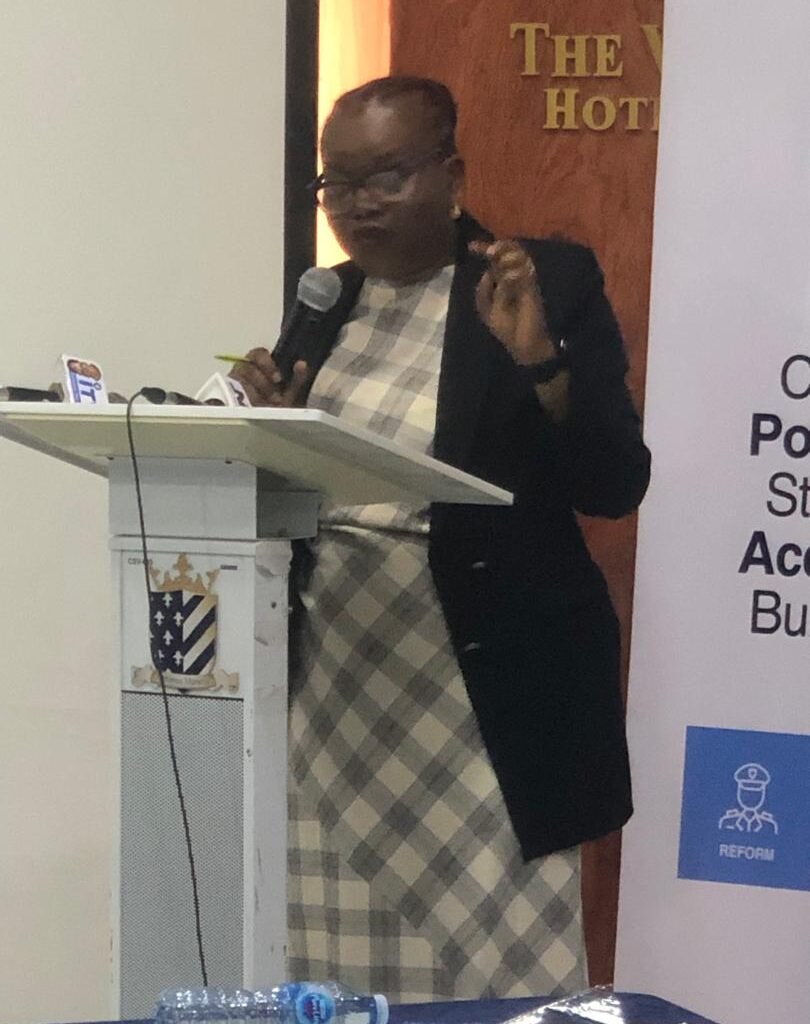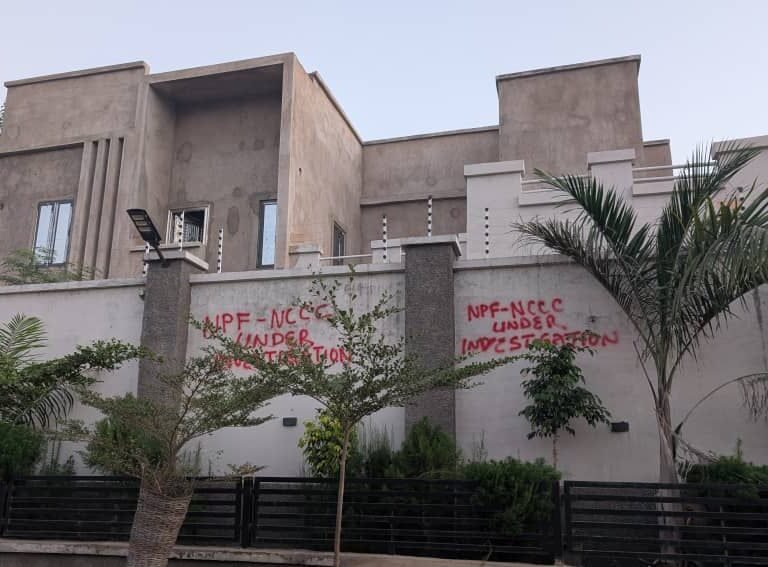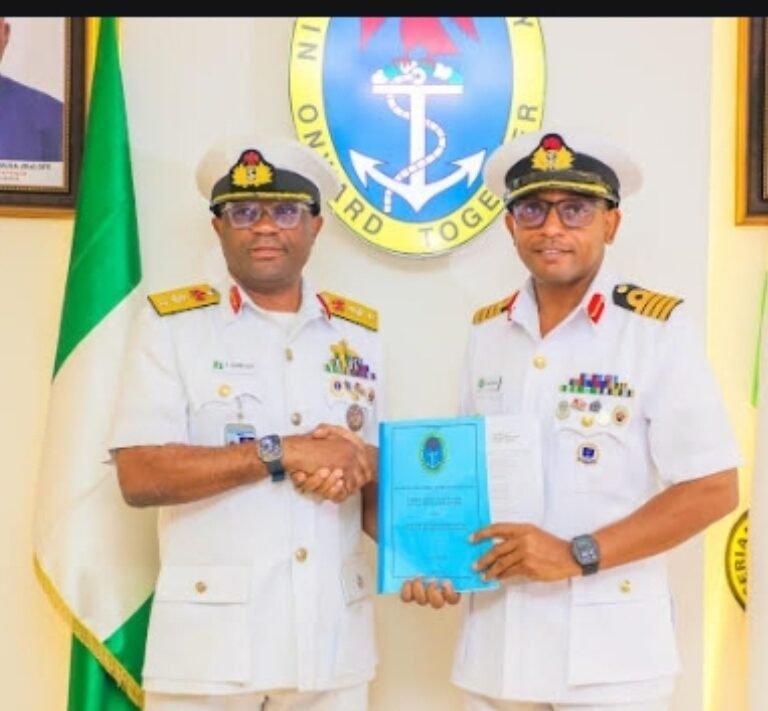
By Ameh Gabriel
Abuja, Nigeria – The urgent call for a police service rooted in trust, accountability, and inclusivity dominated discussions at the Multi-Stakeholder Consultative Forum on National Police Reform, where government officials, security leaders, civil society actors, and international partners converged in Abuja to chart a new vision for policing in Nigeria.
Opening the forum, Prof. Olu Ogunsakin, Coordinator and Secretary of the Police Reform Studies Commission, set the tone with a passionate call for collective responsibility in rebuilding the Nigerian Police Force.
“This gathering is not just another meeting,” he declared. “It is a reminder that reform cannot be imposed from the top alone. It must be shared by all voices across the nation women, youth, civil society, traditional leaders, policymakers, and everyday citizens. Only then can we build a police service that Nigerians can trust, respect, and embrace.”

Prof. Ogunsakin outlined three guiding principles for the reform process: inclusivity, accountability, and innovation. He stressed that marginalized voices must be given equal space, that policing is ultimately a public trust that must be exercised with transparency, and that new technologies and community-driven models must be embraced to bring policing into the future.
Representing the Inspector General of Police, IGP Kayode Egbetokun, Assistant Inspector General of Police M.U. Gumel acknowledged both the achievements and the failings of the police, while affirming the Force’s readiness for change.
“Across Nigeria, citizens are demanding a police system that is not merely an institution of force but a trusted partner in safeguarding lives and protecting rights,” Gumel said. “We must face the reality: policing in Nigeria suffers a crisis of confidence. Misconduct, weak accountability, and structural challenges have strained the bond between the police and the people. Yet, within this same institution are thousands of men and women who risk their lives daily to protect us.”
He emphasized that reform must focus on practical steps strengthening internal accountability, expanding community policing, modernizing operations through technology and training, and improving the welfare of officers.

“Reform is not about condemning the police; it is about rebuilding itstronger, fairer, and more responsive. The future of policing in Nigeria is being shaped here, in this very room,” he said.
Goodwill messages from stakeholders reinforced the urgency of reform. Chamila Hemathagama, representing the United Nations Development Programme (UNDP), pledged continued international support, noting that true security is not merely the absence of violence but the presence of trust, justice, and dignity.
From the Police Service Commission, its Chairman DIG Hashimu Argungu (rtd) emphasized the Commission’s role in strengthening oversight, enforcing discipline, and promoting merit-based recruitment. “The Nigerian police must evolve into an institution of professionalism and service to humanity. Only then can it regain the confidence of the Nigerian people,” he said.
Similarly, Mallam Lanre Issa-Onilu, Director General of the National Orientation Agency (NOA), underscored the cultural dimension of reform. “Policing must move from being perceived as an instrument of fear to being embraced as a partner in nation-building. Reform must go hand-in-hand with national reorientation,” he said, pledging NOA’s support in mobilizing citizens and deepening civic trust.

The high point of the forum was the keynote address by Dr. Kemi Okenyofo, who challenged stakeholders to confront the historical and structural roots of Nigeria’s policing crisis.
“Our police force carries the heavy legacy of colonialism designed not to serve the people but to enforce authority,” she said. “Decades after independence, traces of that legacy still shape attitudes and practices. Public confidence remains fragile because citizens continue to see the police as a coercive agent rather than a protector.”
Dr. Okenyofo pointed to the #EndSARS protests as a watershed moment, exposing not only specific abuses such as extortion and unlawful detention but also “a structural lack of accountability that allows impunity to persist.”
She urged Nigeria to redefine its social contract, arguing that the issue was not just about policing but about governance itself.
“Our constitution is clear: the primary responsibility of government is the welfare and security of its citizens. If the state fulfills that responsibility, the police and other agencies will naturally align. Reform is not optional; reform is urgent. And reform is possible if we all commit to it,” she said.

Dr. Okenyofo further pressed for clarity in Nigeria’s federal system, which she said remains ambiguous about the division of security responsibilities between the national and state levels. This ambiguity, she noted, has weakened accountability and stunted reform.
The forum ended with broad consensus: police reform is not merely a technical necessity but a democratic imperative. Stakeholders agreed that only a transparent, community-driven, and accountable police system can restore public confidence and build a safer Nigeria.
As Prof. Ogunsakin remarked in his closing note: “This is not the end of a conversation but the beginning of a movement one that must carry forward the hopes of millions of Nigerians who dream of a police force they can trust.”







